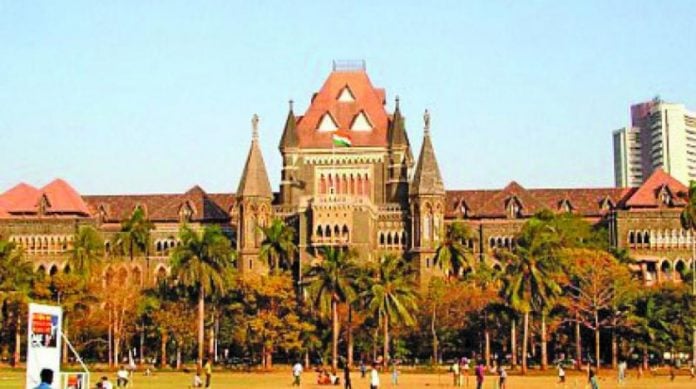The Bombay High Court recently acquitted four members of a family, convicted in 2010 in connection to a woman’s death by suicide within two months of her marriage into the family.
The division bench of Justice Sadhana S. Jadhav and Justice N.R. Borkar passed this order while hearing a criminal appeal filed by Sachin Ramchandra Teke.
The Court set aside a Sessions Court judgement dated June 29, 2012 convicting husband and other family members for offences punishable under section 498-A, 302, 304-B r/w 34 of Indian Penal Code and Section 3 and 4 of the Dowry Prohibition Act.
The couple got married on July 28, 2010, and resided in a joint family at Malshiras. In September 2010, two months after the marriage, Megha was found hanging to the rafter inside her bedroom. A report was then lodged by her father at the police station alleging that her daughter complained to him that she was subjected to ill treatment and harassment for not getting a gold ring for Sachin and was also subjected to starvation. About 9 witnesses were examined by the prosecution whereas the defense examined 4 witnesses.
The Counsel for the appellants submitted that there is cogent and convincing evidence to show that there was no dispute between the members of both the families over dowry or the golden ornaments. That, Megha had committed suicide just within two months of her marriage which would prima facie show she was getting married against her wish.
It is submitted that the main consideration for the Sachin to get married with Megha was her qualification as M.Sc since the Sachin himself was M.Phil and was working as a lecturer in Sinhagad College whereas Sunil, was working as a teacher in Zilla Parishad School. It is also submitted that Dr. Valsangkar has clearly established that Megha was a sensitive person. She used to be under mental stress in 2005 itself.
That, the accused cannot be held responsible for the suicide of Megha.
M.H Mhatre, Additional Public Prosecutor submitted that Megha has died in her matrimonial home and the reason for her mental depression and suicide ought to have been known to the accused persons. That, on three occasions before the incident Megha has been said to have complained to her father and brother about ill-treatment meted out to her on the ground that the family members and relatives of the accused were not honored properly at the time of marriage and that the father had not fulfilled the demand of golden ring of one tola.
The court after going to the facts of the case and examination of witnesses, observed that the medical evidence proved beyond all reasonable doubt that the cause of Megha’s death was asphyxia due to hanging and therefore, conviction for an offence under section 302 of Indian Penal Code was unwarranted. The Court also took note of the statement of the neurologist with whom Megha was taking treatment, that she was under mental stress since 2005 and was a sensitive girl.
“Therefore, no case is made out for conviction under section 498A of IPC. In cases like the present one just because wife has died in her matrimonial house within two months of marriage, the entire family cannot be stigmatized as having committed offences as serious as an offence under section 302 of IPC. In absence of legally admissible evidence there cannot be moral conviction”, the Court said.
“It is true that the presumption under section 113B of Indian Evidence Act was attracted in this case as the wife had died inher matrimonial house within 7 years. However, it is a rebuttable presumption and this presumption does not absolve the prosecution from proving its case beyond reasonable doubt. In this case, the accused have rebutted the presumption by examining the defence witnesses. The evidence of the defence witnesses is to be treated at par with the evidence of the prosecution witnesses. The surrounding circumstances also need to be taken into consideration. In the present case, it cannot be said that she has died in suspicious circumstances. It is a case of suicide within two months of marriage. The prosecution has failed to prove any ill-treatment meted out to the victim within two months of her matrimony. The offence under sections 3 and 4 of the Dowry Prohibition Act are not proved beyond reasonable doubt”, the Court observed.
Read Also: Kerala HC overturns 1972 judgement, says Muslim women have right to invoke extra-judicial divorce
“It prima facie appears that the deceased Megha was willing to continue her education, however, she was married hurriedly by her parents since they found a suitable match for their daughter in all aspects. However, she did not seem to be happy with the marriage and in all probabilities, in a state of stress had committed suicide. All these facts speak for themselves and the appellants/accused deserve to be acquitted”, the order reads


